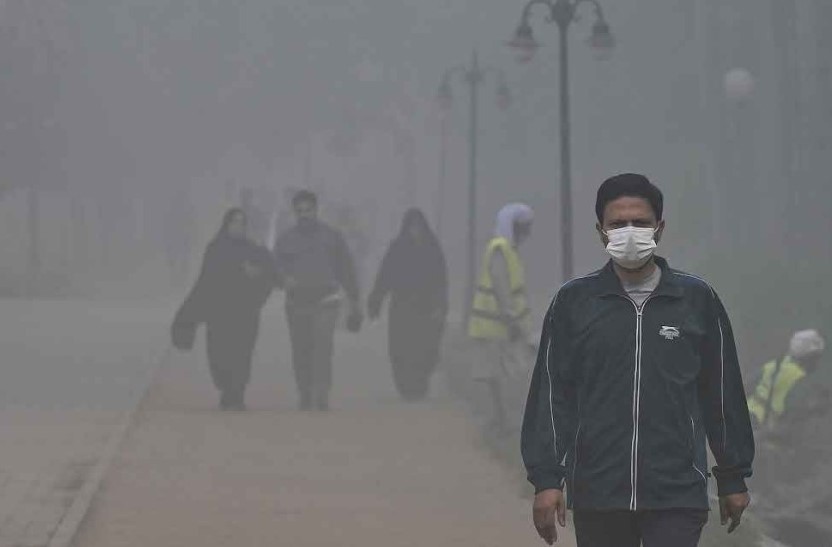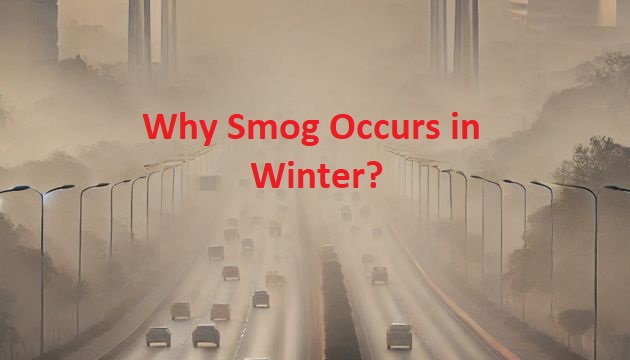Why Smog Occurs in Winter? Its causes and effects and how to get save from its harmful effects
Smog is a type of air pollution that often occurs during the winter months due to specific environmental and human-made factors. In winter, temperature inversion is common, where a layer of warm air traps the cooler air near the ground. This prevents the pollutants from dispersing and causes them to accumulate, creating a dense layer of smog.
Causes of Smog:
Vehicle Emissions: The exhaust from cars and other vehicles releases pollutants like nitrogen oxides and volatile organic compounds (VOCs) into the air.
Industrial Emissions: Factories and power plants emit large amounts of smoke and chemicals that contribute to smog formation.
Burning of Fossil Fuels: The use of coal, wood, and other fossil fuels for heating during winter adds particulate matter and gases to the air.
Construction and Dust: Construction activities release dust and other fine particles that contribute to air pollution.
Crop Residue Burning: In agricultural areas, the burning of crop residues contributes significantly to air pollution during winter.
Effects of Smog:
Health Issues: Smog can cause serious respiratory problems, such as asthma, bronchitis, and other lung diseases. It can also exacerbate existing conditions like heart disease.
Reduced Visibility: Thick smog can lead to reduced visibility, which increases the risk of road accidents.
Irritation: Smog can cause irritation to the eyes, nose, and throat, leading to discomfort.
Environmental Damage: Prolonged exposure to smog can damage plant life and contribute to climate change.

How to Protect Yourself
How to Protect Yourself from Harmful Effects of Smog:
Wear Protective Masks: Use masks designed to filter out fine particulate matter (such as N95 masks) when going outside.
Stay Indoors: Limit outdoor activities, especially during peak smog hours (early mornings and evenings).
Use Air Purifiers: Install air purifiers at home to maintain clean indoor air.
Keep Windows Closed: Keep doors and windows shut to prevent outdoor air from entering your home.
Stay Hydrated: Drinking water can help flush out toxins from your system.
Avoid Outdoor Exercise: Opt for indoor exercise routines during high-smog days.
Plant Indoor Plants: Certain plants, like snake plants and spider plants, help purify indoor air naturally.
By taking these precautions and understanding the causes, you can minimize exposure to smog and protect your health during the winter months.


